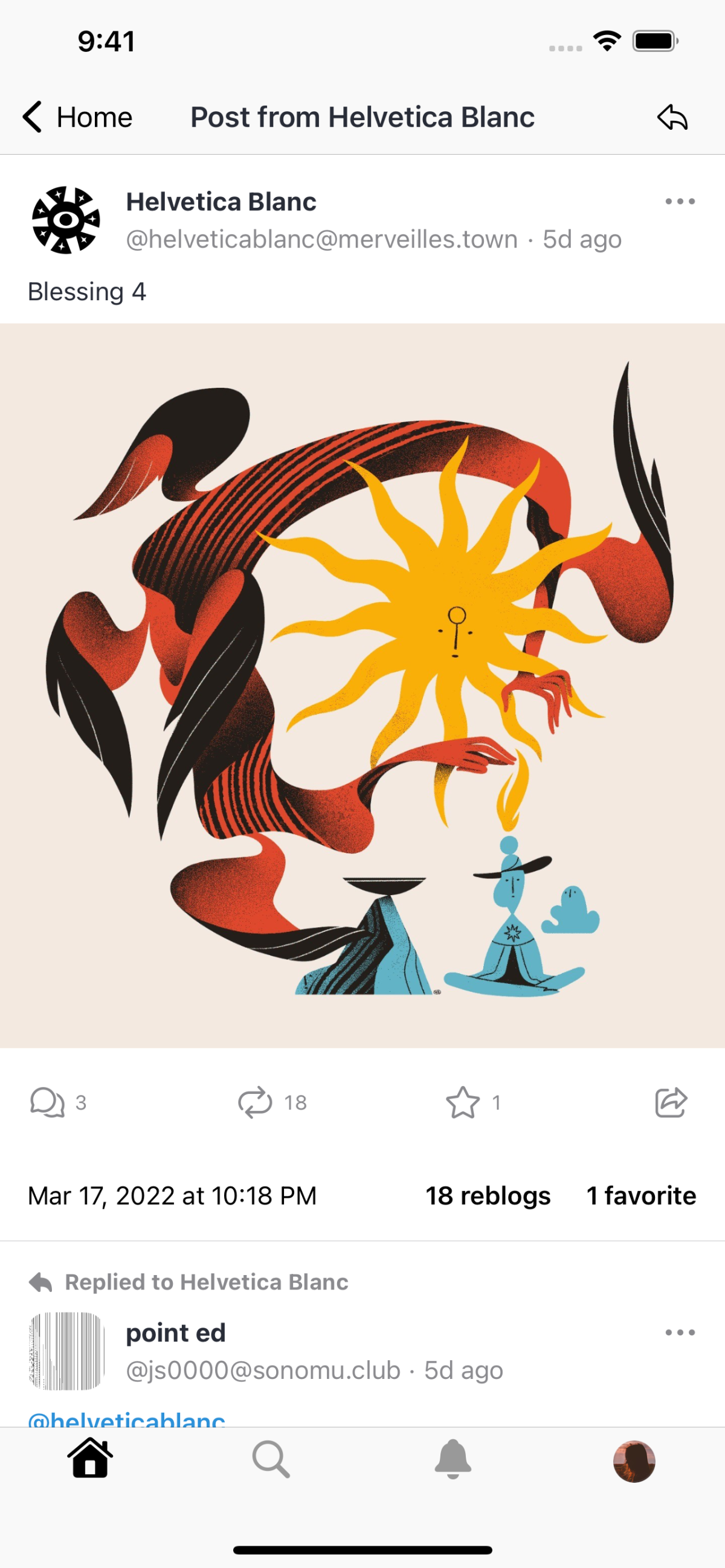From Noise to Meaning: How Mastodon Is Redefining Social Media for People
When Elon Musk brought the sink into the Twitter headquarters in his takeover, thousands of users sought a different kind of social media experience—one that prioritizes people over profits. Users were looking for platforms where community is more important than virality, where people get increased autonomy over algorithmic control. A human web. Here's how Mastodon's approach, a human-centric mindset, brings a more humane digital future.
At the center of Mastodon's appeal is the autonomy it offers users. Unlike centralized platforms, Mastodon is a network of independently run servers, each with its own rules and moderators. This decentralized structure allows users to choose a server that aligns with their values and needs, giving them control over their digital environment.
Mastodon deliberately avoids features that drive virality, such as global search or trending hashtags. Instead, it fosters community by encouraging local interactions and meaningful conversations. While the global feed of X is interesting, a smaller community offers closer relationships and feels more genuine in human connections.
We've all seen how global social media turns misinformation into engagement—rewarding clicks over clarity. Yes, Mastodon breaks that cycle; it's not driven by algorithms or hype, but by people. A human-centric space where conversations matter more than metrics.
Put differently, it's about putting community and connection over virality.
I would say that designing platforms that facilitate meaningful interactions and foster a sense of belonging is at the heart of building a human web.
Users can engage in discussions without fear of harassment, and administrators can quickly address harmful content. This focus on safety and well-being is crucial for creating inclusive digital spaces, particularly for marginalized groups in society.
The lack of algorithmic amplification on Mastodon means that content doesn’t spread as rapidly, but the interactions feel more intentional and authentic. I say yes to increased authenticity in our web. When we aim for authenticity, we do not only consume bland content; it gets meaningful on a deeper level.
For example, research shows that the LGBTQ+ community feels more comfortable away from the discrimination on the global web scene. Obviously mutual respect and understanding is where we need to go and designing platforms that respect and accommodate the unique needs and values of different communities will increase the well-being of individuals.
Mastodon faces an uphill battle in growth and funding compared to X, lacking ad revenue, billionaire backing, and the scale of a centralized platform. Its decentralized, donation-based model prioritizes people over profit—but that also makes rapid expansion much harder.
Mastodon’s rise isn’t just a trend—it’s a signal. People are hungry for digital spaces built around autonomy, community, and care. By embracing decentralization and designing for humans, not algorithms, we’re building a web that’s safer, more inclusive, and rooted in real connection. A human web is taking shape.

